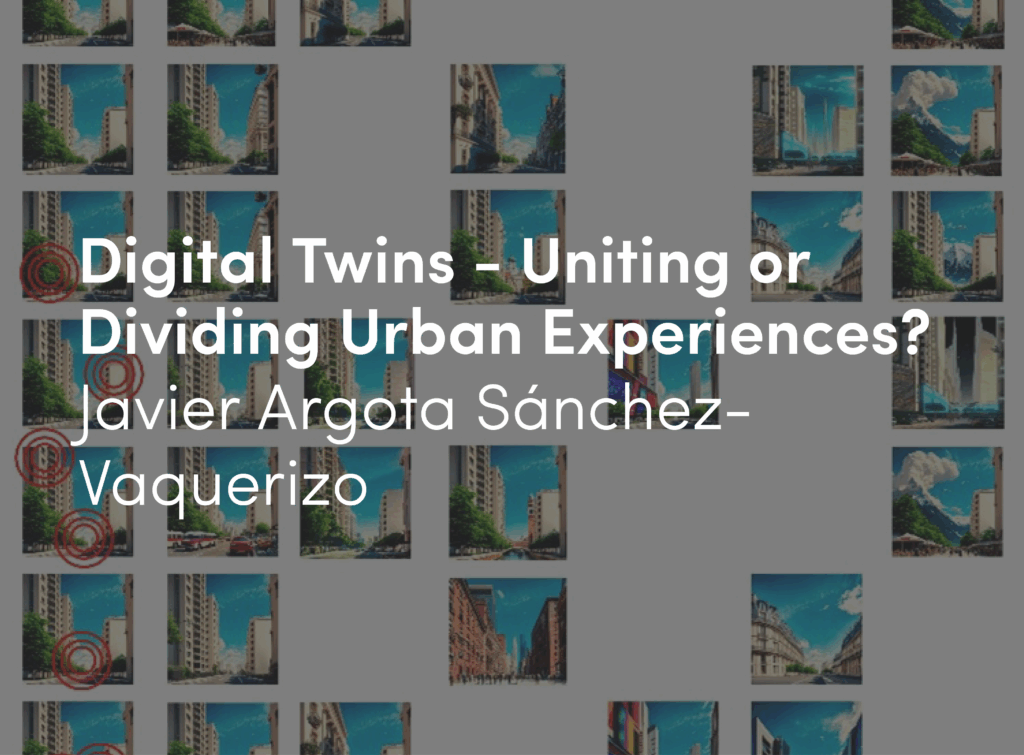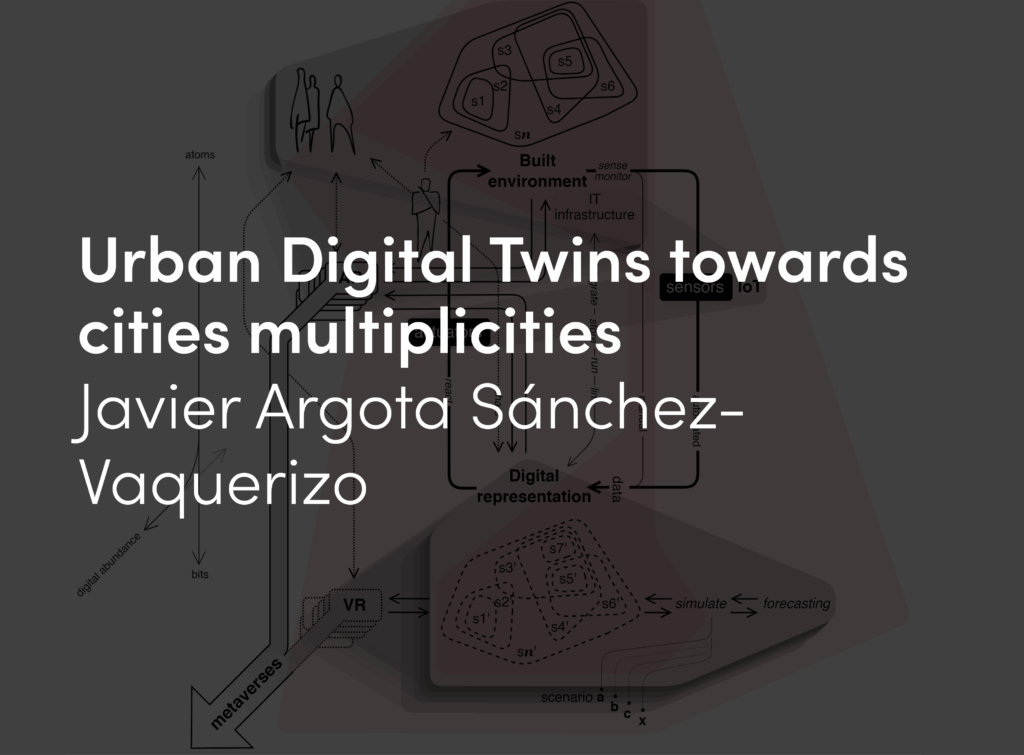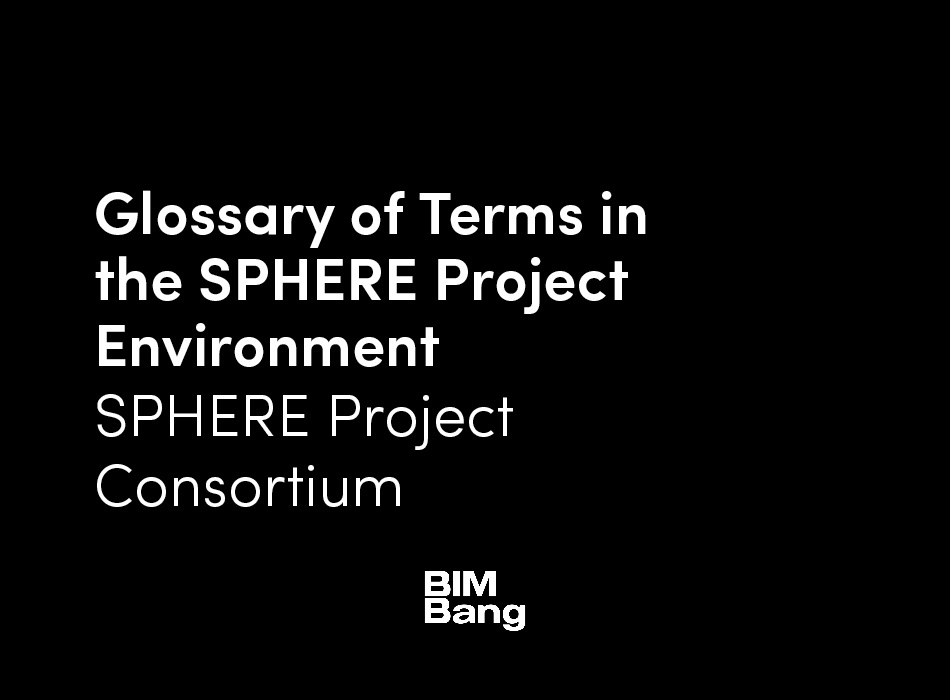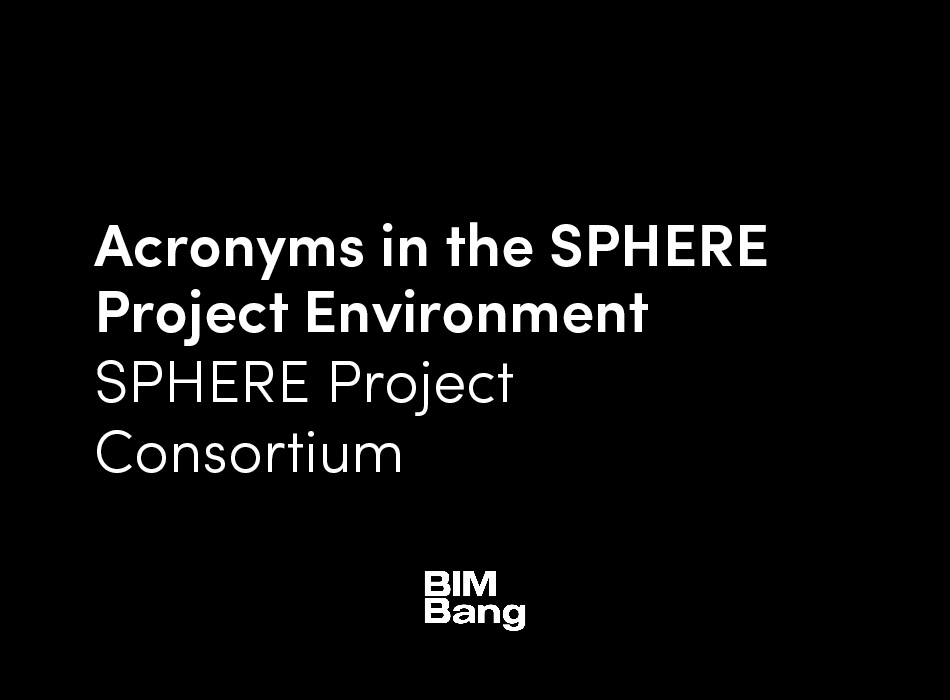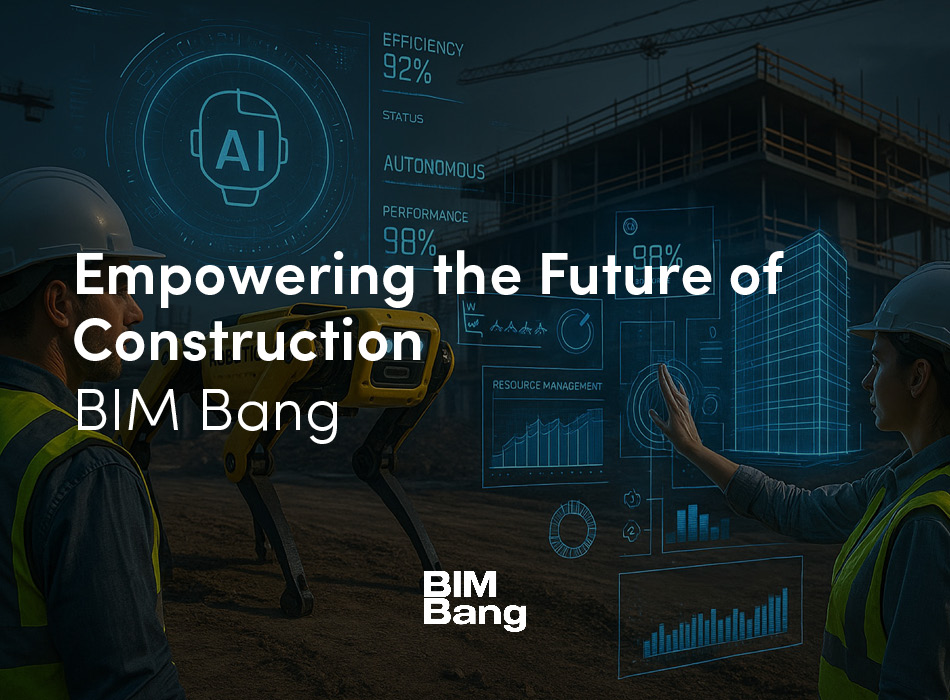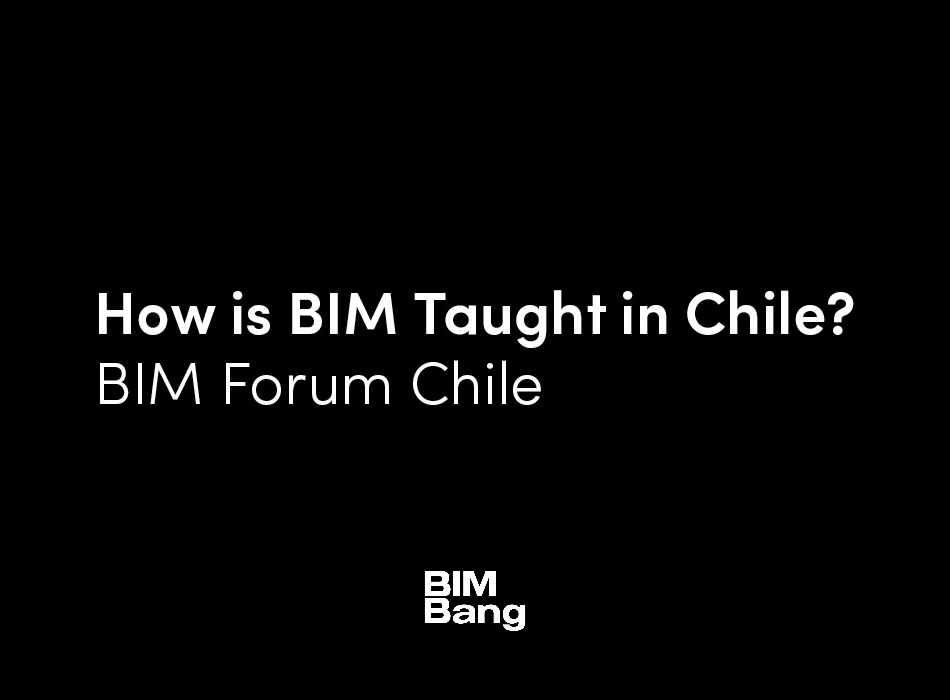The city of Dubai (United Arab Emirates) has been chosen as the Smart City of 2017 by the jury of the seventh edition of the Global Smart City Awards, announced at the Smart City Expo World Congress to recognize the most outstanding initiatives and projects in the urban innovation and transformation industry. The remaining awards –Innovative Idea, Project, Project Circular Economy, Project Safe Cities, Project Mobility, Project Data & Tech– have been given to Marketplace.city; A food care program of Buenos Aires; the Amsterdam Circular Innovation Program; Shenzen’s Traffic Brain; SEAT’s Easy Urban Mobility; and Yanbu’s Smart City Project, respectively.
The Arab Emirate of Dubai’s project to adopt Blockchain Technology at a city scale earned the City award of 2017. The jury valued its effort to lead global thinking and deployment of blockchain technology in applicable government services as well as its commitment to support the creation of a blockchain industry empowering start-ups and businesses.
In the Innovative Idea category, the winner was Marketplace.city, a platform allowing public sector innovators to find, research and implement new technological solutions. The platform focuses on city needs and outcomes, recommending relevant products, solutions and case studies implemented in other cities. The jury highlighted how useful this would be to connect cities and exchange best practices.
The Argentinian capital’s Cuidemos los alimentos food care program won the Project category for its effort to implement a sustainable food policy raising community awareness on food waste and changing consumption patterns through the implementation of recycling initiatives and training in schools. The social and cultural change of mentality involved in such initiative was praised by the members of the jury.
The Amsterdam Circular Innovation Program by the Dutch capital, achieved the Circular Economy award for developing a circular economy policy at a city level integrating different fields such as local production of sustainable and seasonal food, local production of electricity and improvement of the recycling chain waste cycle.
The Safe Cities award has gone to Shenzhen’s Global-First All-Scenario Intelligent Transportation Solutions or “Traffic Brain”. The project uses a Big Data platform, a data resource pool and a deep learning system capable of identifying all data and reducing traffic congestions and accidents thus improving public safety. This platform allows traffic control, gathers data and enhances data usage by 200% increasing road capacity by 8%.
Also within the transportation sphere, SEAT’s Easy Urban Mobility: Towards the Digital World project earned the Mobility award for an innovative concept that puts shared and connected mobility services at its core. It incorporates the scope of car sharing and the possibilities afforded by the sharing economy, while aligning with the undergoing digital transformation process.
The last category, Data & Tech project, rewarded Yanbu’s Royal Commission Smart City aiming to improve citizens’ quality of life through such initiatives as the deployment a new fibre network, building a smart lighting control system, improving mobility, creating a big data platform, and developing an Integrated Communication Platform (ICP).

